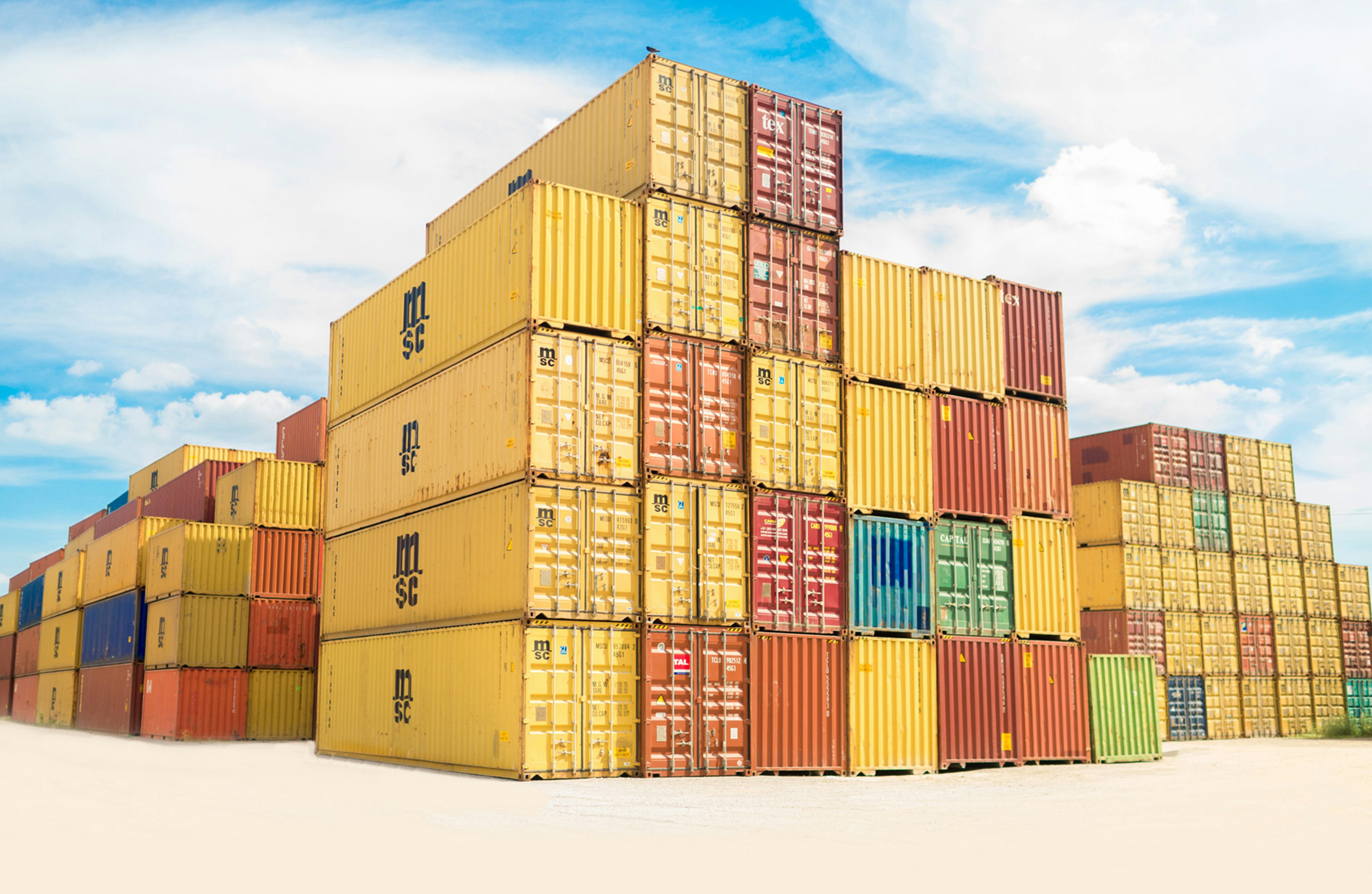AI technologyis being used in a variety of ways, from predictive analytics to driverless vehicles, to help logistics startups reduce costs, improve speed, and provide better customer service. One example is in predictive analytics, where AI algorithms can monitor data from multiple sources and make predictions about future demand for certain products. This enables companies to make data-driven decisions about inventory, delivery schedules, and pricing.
Using data analytics and machine learning algorithms, organizations can gain valuable insights into their operations. This enables them to make data-driven decisions about inventory, delivery schedules, and pricing, which can help them optimize their supply chain and enhance customer satisfaction. By analyzing data from sources such as customer behavior, market trends, and sales performance, companies can identify patterns and trends that can inform their business strategies. With these insights, they can make more informed decisions that can help them grow and succeed in a competitive marketplace.
Another area where AI is being used is in autonomous vehicles. Rather than relying on human drivers, companies are developing self-driving trucks and drones that can operate more efficiently and without the need for rest periods. This not only reduces labor costs but also shortens delivery times. By automating our production processes, many have been able to achieve greater efficiency in our operations.
AI is also playing a role in warehouse operations, where robots automate tasks like packing, sorting, and inventory management. This reduces the need for human workers and improves operational efficiency. When businesses implement automation technology, it can greatly reduce the need for human workers and increase operational efficiency.
By utilizing machines and software systems to handle repetitive tasks, organizations can free up their employees to focus on higher-level, more creative work. This not only improves the quality of output but also allows the company to reduce labor costs and optimize their resources. Additionally, automation can operate 24/7, further contributing to better production rates and higher profitability. Overall, implementing automation technology can be a game-changer for organizations seeking to stay competitive in today's fast-paced market.
Overall, AI is transforming the supply chain logistics industry, and startups that adopt this technology are poised to gain a significant competitive advantage. However, as with any technology, there are risks. It's important for startups to carefully consider the ethical implications of AI, particularly when it comes to job displacement and privacy concerns. With careful planning and implementation, AI can help logistics operations stay ahead of the curve and deliver value to their customers.












